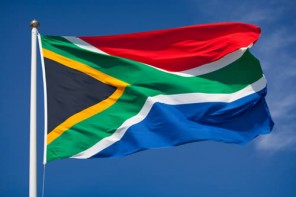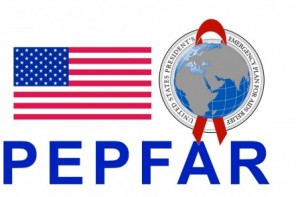I’ve been running around like a mad woman lately, with little time to blog, but I’ve been keep mental notes on all the things worthy of bothering you about. Here’s a definite first:
Canada opened a truth and reconciliation commission this week to “foster healing” among the aboriginal peoples forced through ‘residential education’ systems–a nice euphemism for what was basically beating, physically and emotionally and pedagogically, ‘the native’ out of the natives–for, get this, over 150 years. Right up until the 1970s, children were taken from their parents homes and forced into schools that were supposed to ‘civilize’ them.
Part of being civilized was being separated from siblings, prohibited from visiting your family, and getting the crap kicked out of you if you spoke your native language.
I’d never heard of residential education before last year, when I met a woman who’d been through the system. She came to speak to a group of young people at the Global Prevention of Genocide, one of the Echenberg Family Human Rights Conferences at McGill University in Montreal (I bother telling you all that because this was an amazing conference and experience, and if you’re at all inclined in this area, you should get yourself to one of them in the next few years). I was impressed that the conference organizers bothered to think about genocide beyond the typical examples–Holocaust, Rwanda, Cambodia, Armenia, the usual suspects in these conversations–and that they were willing to tackle history so clearly controversial in their country. And I was impressed by the woman who talked to us, who’d not shared her story with outsiders before, and who clearly still lived with the trauma of the experience.
So this truth and reconciliation commission is going to try to bring stories like hers “to educate Canada.” The head of the commission, an aboriginal judge, told the BBC:
… that the aim of the commission was not to name offenders and point fingers, but to foster healing.
“We know what occurred, what we now want to hear is the stories from the people themselves.”
This is all noble-sounding, but I’m not entirely sure this is a solid justification for a TRC. Educating Canadians, and the rest of us, about what happened is important. And if people want to tell their stories, it’s great that they have a forum. But do you get any kind of reconciliation from a process which, at the beginning, says it’s not pointing fingers? That it’s just a place to sound off? If you go through the process of sharing a traumatic story, what’s the pay off?
Speaking of pay offs… Conspicuously missing from this article is the other R-word: reparations. The prime minister of Canada is slated to officially apologize later this month. Reparations are usually the thing that make official apologies so controversial; they’re the reason no U.S. president has apologized for slavery, and one of the reasons that the Australian prime minister’s apology for his country’s treatment of its native people was so surprising.
So, to any Canadians who might find their way over here, what’s the deal with reparations, eh?



About 4.9 billion is to go to those that suffered in the system. Why do you not google for facts before writing a blog?!?
Honestly, I think you should think more about what it means to be heard and acknowledged in a T and R commission. You are obviously wrong-headed in what you think is needed for reconciliation.